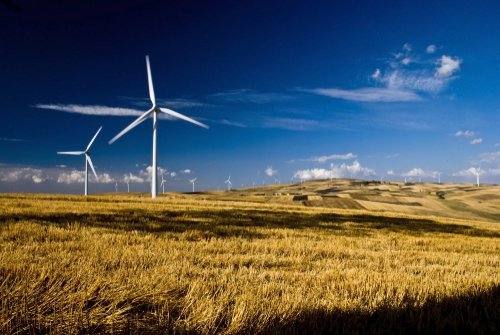Belgium, (Brussels Morning Newspaper) The European Commission has announced plans to invest more than 110 million euro in LIFE environmental and climate projects in the EU.
The money will support projects in Cyprus, Denmark, Estonia, Finland, France, Latvia, Lithuania, Poland, Slovenia, the Czech Republic and the Netherlands.
The projects align with the EC’s plan for a green recovery from the coronavirus crisis and the broader green push aimed at reaching carbon neutrality by 2050.
Frans Timmermans, Executive Vice President of the EC for the European Green Deal, stressed “we have no time to waste when it comes to the climate, biodiversity and pollution crises.”
“The LIFE programme provides direct support to projects across the EU and enables entire countries and regions to protect and restore nature,” he continued, noting that “nature is our biggest ally and we need to take care of it so it can take care of us.”
Virginijus Sinkevičius, European Commissioner for the Environment, Oceans and Fisheries, described the LIFE programme as “one of the main tools to make the green transition a reality by delivering targeted changes on the ground.”
EU member states can make their economies greener with the help of the programme, he declared, adding that he looked forward “to seeing the benefits that this investment will bring in the 11 countries and beyond their borders.”
The EC expects the 11 projects to attract private and national funding of more than 10 billion euro.
The Commission has been operating the LIFE programme since 1992 as its main instrument for climate action. It has co-financed more than 5,500 projects through the programme both in the EU and abroad, and increased funding for the programme nearly 60% for the 2021-2027 period, raising it to 5.4 billion euro.
Currently, the LIFE programme has four sub-programmes – circular economy, clean energy transition, climate change mitigation and adaptation, and nature and biodiversity.
It supports integrated projects with funding to help speed up the EU’s green push on regional, national and trans-national levels.
According to the EC, these represent the kinds of projects that help EU countries to comply with EU rules on air, climate change mitigation and adaptation, nature conservation, water and waste management.




